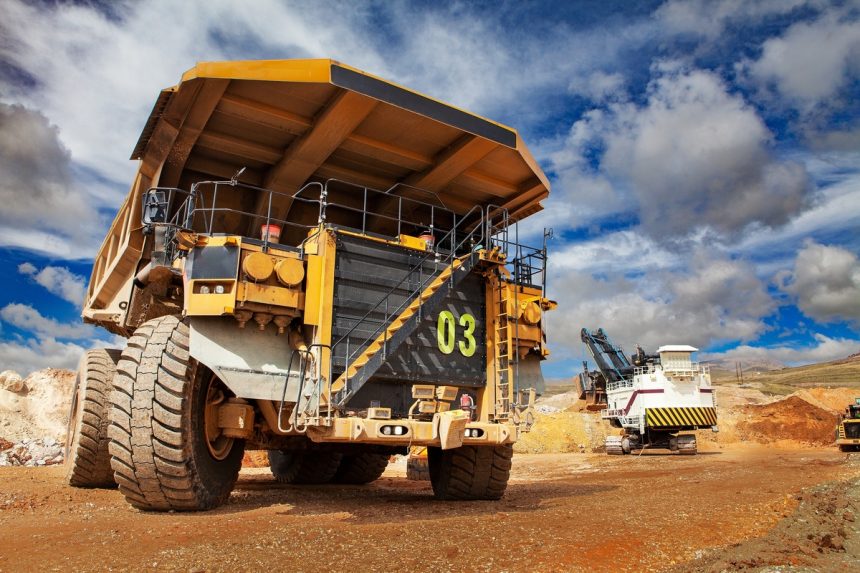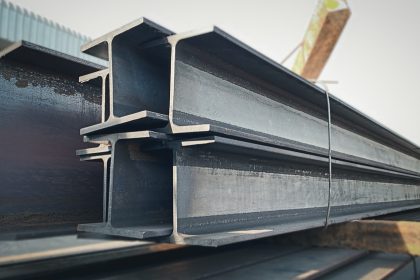A federal judge has denied a final push by Native American tribes and environmental groups to prevent the U.S. government from transferring sacred land in Arizona to a mining company. The long-disputed site, known as Oak Flat, holds deep cultural and spiritual significance for the Apache people, but now faces irreversible transformation due to a massive copper mining project that promises economic and national security benefits.
A Sacred Site in Peril
For the San Carlos Apache Tribe, Oak Flat — or Chi’chil Bildagoteel — is not just land; it’s a sacred sanctuary filled with oak groves and traditional plants essential to their religious practices. For years, tribal leaders and advocacy groups such as Apache Stronghold have fought tirelessly to protect it from being destroyed by industrial development. “This is a historical place of worship,” the plaintiffs argued, warning that once the mine begins, the site will be lost forever.
Judge Cites Government Authority and Public Interest
U.S. District Judge Dominic Lanza delivered the ruling on Friday, citing the need to defer to Congress and the president. “Here, Congress chose to pursue the land exchange despite the existence of many significant trade-offs and the president chose to ratify Congress’s choice by signing the law into effect,” Lanza wrote. He added, “As a result, the Court must accept that this choice advances the public interest and operate from that premise.”
Lanza acknowledged the “stark trade-offs,” noting both the national and economic gains from the copper mine and the cultural devastation it would bring to the Apaches.
Environmental and Legal Concerns Persist
Opponents of the project, including conservationists and the San Carlos Apache Tribe, criticized the environmental review conducted by the U.S. Forest Service. They claim the report lacked consideration for catastrophic risks like dam breaches or pipeline failures and failed to provide a full emergency response plan for the tailings storage.
They also argue the land appraisal ignored the true value of the copper deposits, undermining the fairness of the federal land exchange.
Decades-Long Legislative Battle
The Oak Flat controversy spans two decades. After failing multiple times in Congress, legislation authorizing the land swap was eventually buried in a must-pass defense spending bill in 2014. The bill granted Resolution Copper — a joint venture of Rio Tinto and BHP — access to land expected to yield immense economic returns.
Support for the project is strong in nearby mining towns like Superior, Arizona. Resolution Copper estimates the mine could pump $1 billion annually into the state’s economy and generate thousands of jobs.
Legal Appeals Still in Motion
Following Judge Lanza’s decision, the plaintiffs promptly filed an appeal with the 9th U.S. Circuit Court of Appeals. Conservation groups emphasized that while time is running out, they are not giving up. Their fight now shifts to a higher court in hopes of protecting Oak Flat before the land transfer deadline next week.
As the legal clock ticks down, the fate of Oak Flat teeters between preservation and progress. While the federal court has ruled in favor of the land exchange, the battle for this sacred site is far from over. “We’re not done yet,” vowed the plaintiffs, holding fast to their belief that Chi’chil Bildagoteel must be saved — not just for today, but for generations to come.






